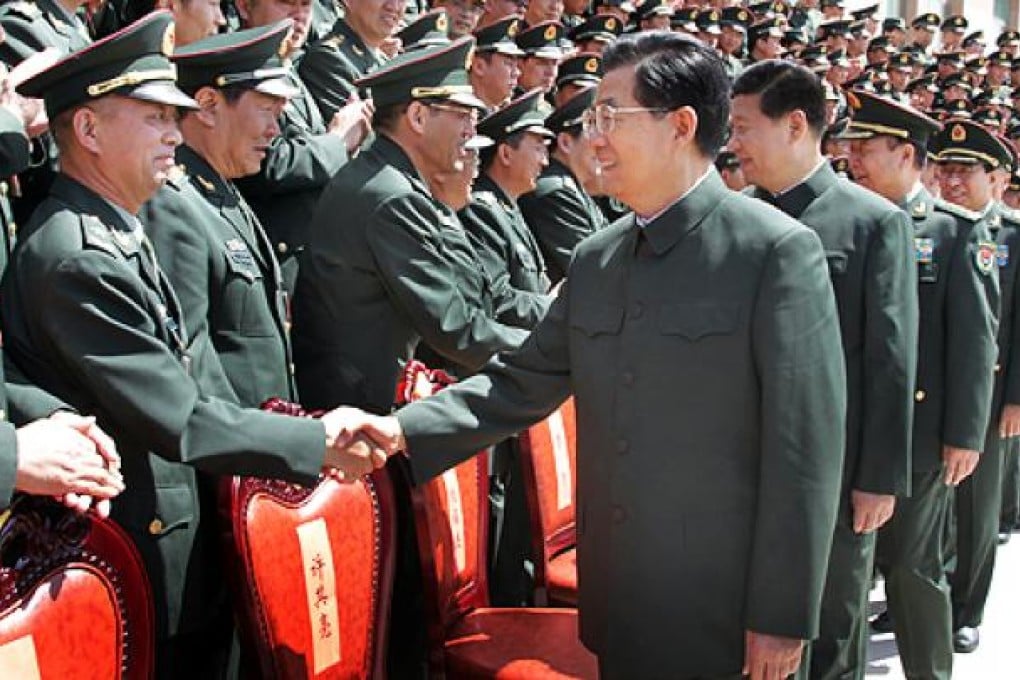The Power Shift | China's power elite mix influence and fashion as Mao suits fade out

Voters like to see strong fashion choices from their leaders, and the recent US campaign trail shone a spotlight on style. To attract voters, the American presidential candidates, and their wives, had to show outstanding sartorial taste during the campaign. Sometimes they even had to show off more than just good taste. The president of the United States went swimming in shorts that showed off his respectable physique for a man in his fifties.
On the other hand, Chinese politicians won’t need to worry about what to wear on Thursday at the 18th party congress. Most of them will go in their classic dark suits, and all but one will be sporting a red tie. They will also share the same sleek, jet-black pompadours as the unwritten dress code that some call the power suit.
Their wives, though, who will probably remain behind the scenes, can dress any way they please. They may be unknown to the public, but that will not last as soon as their husbands step into the Zhongnanhai compound.
It has to be said in passing that this habit makes Zhongnanhai a strangely sexless land. Fascination for women in power is not allowed, or rather, it is merely restricted to the waitresses there. It’s a tradition dating back to Mao Zedong’s era that every party elite abide by a dress code. Popular novelist Wang Shuo recalled in his book that during the early days of the Culture Revolution, he and his friends had to spend some time to find out whether Jiang Qing, Mao’s actress wife, was a woman. Mrs Mao had short hair and wore the same “power suit” as other male leaders: the Mao suit.

The Mao suit has almost been discontinued in recent years. President Hu Jintao, including his likely successor Xi Jinping, wore it only on special occasions, such as military parades. Hu has a military-green version of the suit, without rankings, and he wears it to show his control over the PLA.